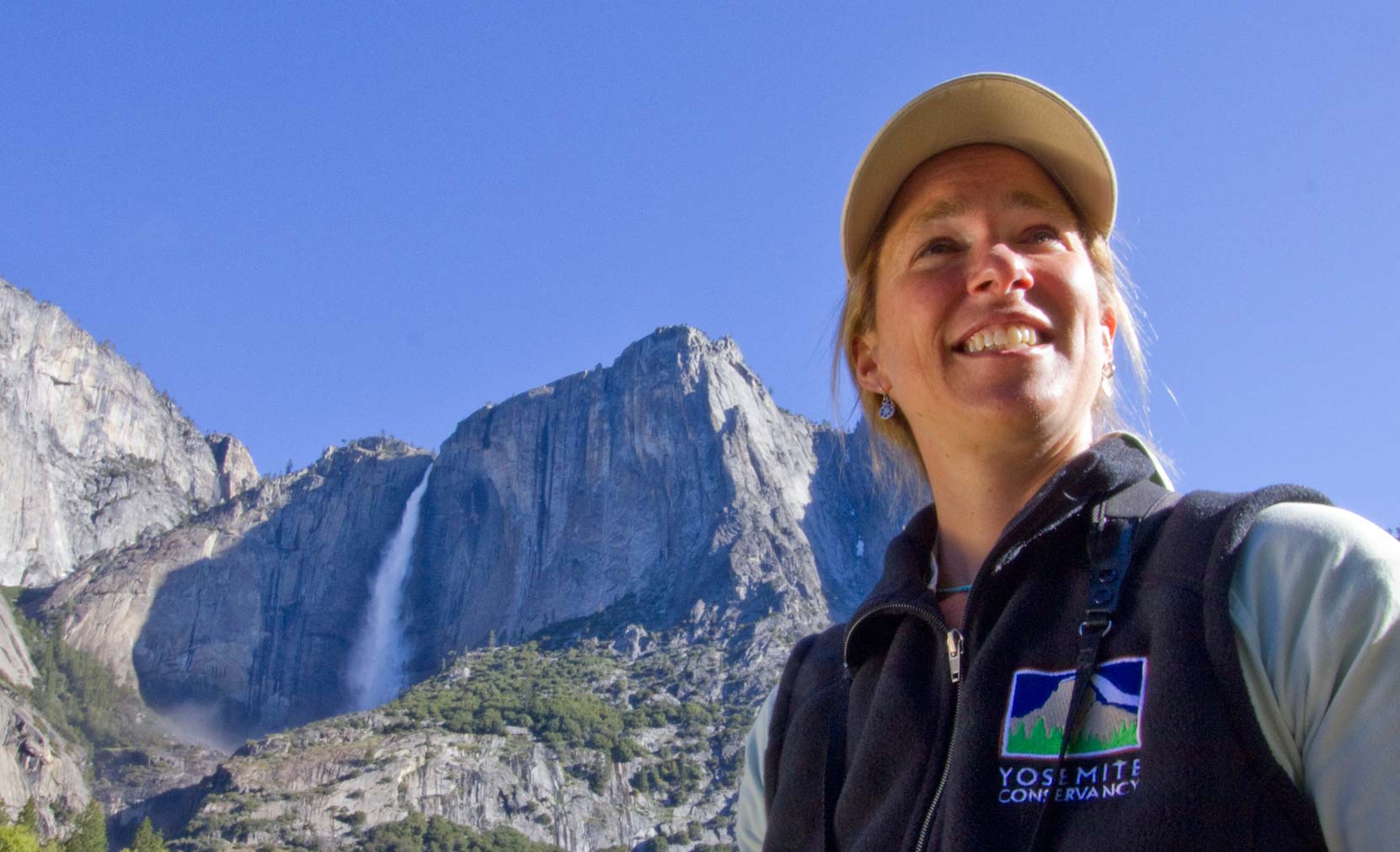*This is a 2020 archived project, view this year’s projects here.
Project goal: Use noninvasive survey methods to study Yosemite’s mountain lion population and collect key information for statewide species-conservation efforts.
Why this work matters: Mountain lions are considered a keystone species. In addition to controlling prey populations, such as deer, they influence the movements of other predators, including coyotes and bears. Throughout California, though, the wild natural landscapes on which mountain lions depend are disappearing.
With its more than 700,000 acres of wilderness, Yosemite could be a refuge for mountain lions. In order to protect the park’s Puma concolor population, though, scientists need to answer key questions about the species’ status: How many mountain lions live in Yosemite, and which parts of the park do they use?
In 2019, with support from our donors, researchers began a focused study of the park’s mountain lions. In 2020, the research team continued that work, using a combination of highly trained scat-detecting dogs, genetic analysis and remote cameras to gather clues that will help scientists identify individual lions, figure out their habitat preferences and, ultimately, estimate the overall population size.
How your support helped: Your donations provided funding for the team and tools necessary to complete a second year of mountain lion survey work. With your support, researchers gathered data necessary not only to protect these wild felines and their habitats in Yosemite, but also to inform statewide mountain-lion management. In 2020, researchers documented images of mountain lions at more than half of the 42 remote camera locations in the Yosemite Wilderness, and collected more than 1,100 scat samples. Scientists at the University of California, Davis, are analyzing those samples to determine how many of them came from mountain lions, and from other carnivores, such as foxes, bobcat, fishers and pine martens.
Project partners: Yosemite National Park; California Department of Fish and Wildlife; Oregon State University; University of California, Davis; Integral Ecology Research Center; and Rogue Detection Teams.

